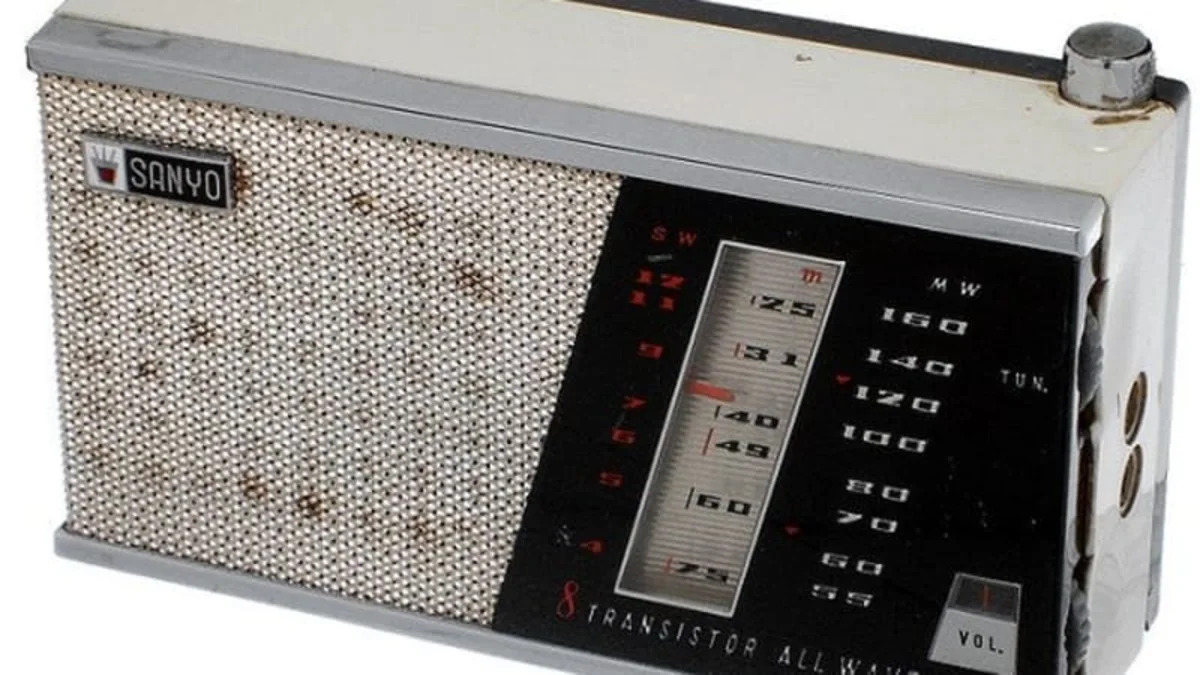For electric items that are too mobile to be connected by wire, like – to pull a completely random example out of the air – a car traveling down the highway, the idea of wireless power transmission has a lot of appeal. Several different schemes have been considered, including magnetic induction, microwaves, or even lasers. Now, researchers in Japan are examining a system that would use a radio frequency signal to transmit power.
The system, proposed by Masahiro Hanazawa at Toyota Central R&D Labs and Takashi Ohira at Toyohashi University of Technology, would involve tracks embedded in the roadway to generate a strong radio frequency (RF) signal as the EV passes above. The vehicle receives the signal through the steel belts in the tires and systems onboard the vehicle would convert the RF back to electricity. The RF power system is still in low power testing, but the hope is that this system may prove less expensive to implement while being just as effective as today's alternatives.
With such a system embedded into limited access highways, EVs wouldn't have to worry about carrying all their power in a battery. Smaller batteries could provide power for short distances off the power-generating highways, but when EVs moved onto the highway, they'd not only get their power from the roadway but also get a battery recharge on the fly. How cool is that?
In May, researchers at Oak Ridge National Labratory in the United States announced that they had tested a system capable of 90 percent efficiency using magnetic inductive charging below the roadway. A number of automakers, including Ford and Toyota, are working on inductive systems.
The system, proposed by Masahiro Hanazawa at Toyota Central R&D Labs and Takashi Ohira at Toyohashi University of Technology, would involve tracks embedded in the roadway to generate a strong radio frequency (RF) signal as the EV passes above. The vehicle receives the signal through the steel belts in the tires and systems onboard the vehicle would convert the RF back to electricity. The RF power system is still in low power testing, but the hope is that this system may prove less expensive to implement while being just as effective as today's alternatives.
With such a system embedded into limited access highways, EVs wouldn't have to worry about carrying all their power in a battery. Smaller batteries could provide power for short distances off the power-generating highways, but when EVs moved onto the highway, they'd not only get their power from the roadway but also get a battery recharge on the fly. How cool is that?
In May, researchers at Oak Ridge National Labratory in the United States announced that they had tested a system capable of 90 percent efficiency using magnetic inductive charging below the roadway. A number of automakers, including Ford and Toyota, are working on inductive systems.


Sign in to post
Please sign in to leave a comment.
Continue